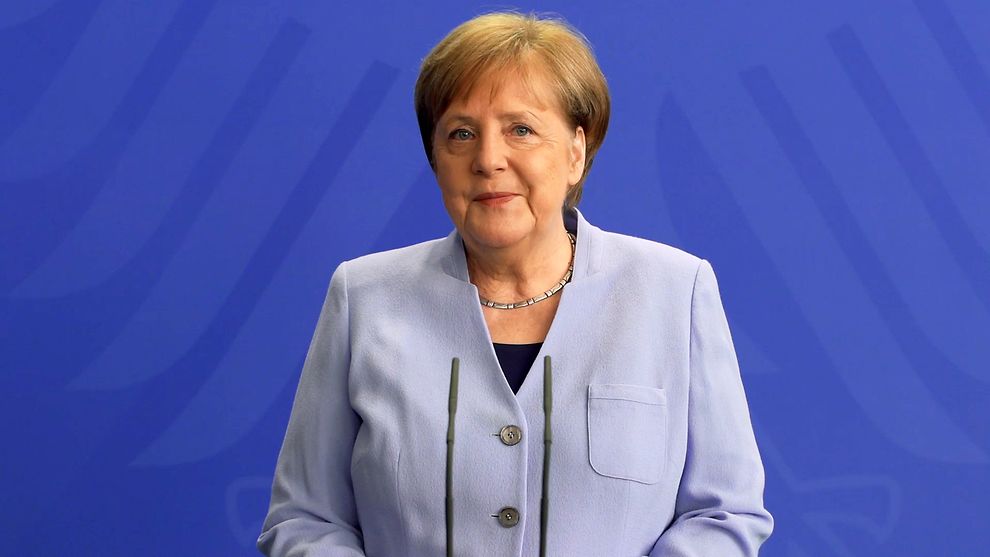I’ll tell you about the German anti-crisis bazooka from Covid

Germany has no alternatives: without a stable EU, a robust common market and strong European partners, its growth model risks collapsing on itself. The analysis by Alessandro Alviani, for the quarterly of Start Magazine
Berlin deploys impressive firepower: over one trillion euros in credits, guarantees and direct aid, to contain the impact of the coronavirus on its economy. German spending is not a rain, but follows a precise line.
The 130 billion stimulus plan – the largest in the history of reunified Germany – approved in the summer demonstrates Berlin's ability to rethink its growth model.
Alongside more classic interventions, such as the temporary VAT cut from 19 to 16% or the 300 euro family bonus for each child, the government has reserved nine billion euro for hydrogen, to become a world leader in the sector, five billions to the creation of a 5G infrastructure throughout the country by 2025, 2.5 billion to electric mobility, two billion to artificial intelligence and the same amount to quantum technology, with the aim of presenting the first Made in quantum computer in 2021 Germany .
It is no coincidence that issues are at the center of the German EU presidency. Rather than limiting itself to generalized stimulus measures or to lock up consolidated structures and sectors, Berlin has tried to take the opportunity of the upheaval imposed by Covid 19 to invest in its future.
A bet that must be framed in an even wider frame. In the era of "slowbalization" – the slowdown of globalization – Germany, heavily dependent on exports and the opening of markets, is forced to change pace. And to do so, it needs Europe more than ever. The pandemic forces a relocation of production chains and accelerates the rewriting of international balances, with a China aiming to strengthen its role on the world stage and a Trumpian America that is showing less and less interest in acting as a global leader. It is a clash of systems, with Germany fearing to find itself crushed between Beijing and Washington.
With this in mind, strengthening the cohesion of the EU and preventing the centrifugal forces triggered by the crisis from wiping out the Eurozone becomes an even more vital objective for the Federal Republic.
We are far from the pro-European idealism that was Helmut Kohl's : saving the EU is in the German interest. It is from this perspective that the hitherto unthinkable proposal for a fund of 500 billion euros of non-repayable transfers presented in May by Merkel and the French President Macron and the subsequent agreement, in July, on the European Plan for recovery of 750 billion. A radical change for a country that has thus sent another dogma into the attic: no to Schuldenunion ("union of debts") and Transferunion ("union of transfers").
Germany has no alternatives: without a stable EU, a robust common market and strong European partners, its growth model risks collapsing on itself. To prevent such a scenario, he must finally take on the leadership role he has always rejected.
(Extract of an article published in the quarterly of Start Magazine "Digital Europe – The return of the Union and the opportunity of Italy", here the full version)
This is a machine translation from Italian language of a post published on Start Magazine at the URL https://www.startmag.it/economia/il-bazooka-tedesco-per-contenere-la-crisi-da-coronavirus/ on Sun, 17 Jan 2021 06:18:34 +0000.
